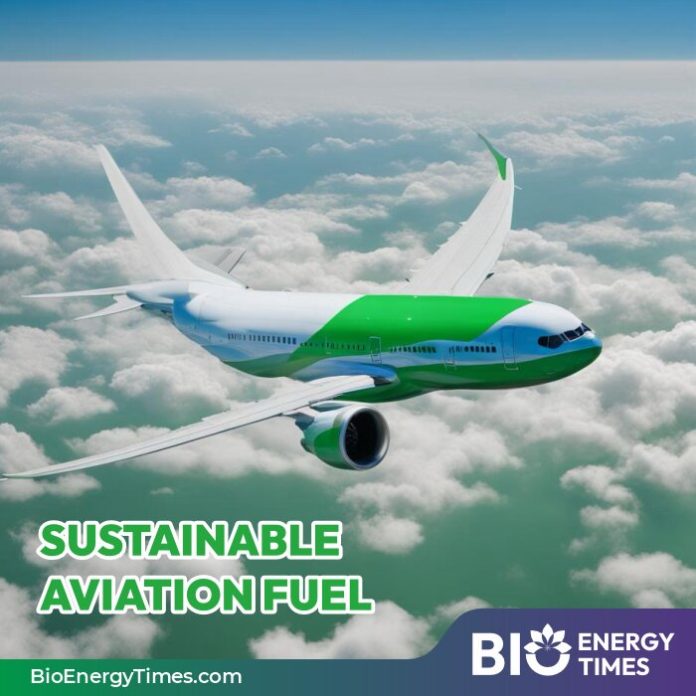Energy conglomerate Bangchak Corporation Plc expects it will take 5 to 7 years to recover its investment in sustainable aviation fuel (SAF), as some countries have postponed plans to mandate SAF use by airlines, reports Bangkok Post.
Despite the extended timeline, Bangchak President Chaiwat Kovavisarach expressed confidence in the long-term profitability of the project. “We are confident we have an opportunity to make a profit,” he said.
The revised payback estimate, up from an earlier 3–5 years, comes in response to changes in global SAF policies, particularly in East Asia where enforcement of SAF blending rules has been delayed.
The aviation sector is turning to SAF as a cleaner alternative to jet fuel, with studies suggesting it can cut greenhouse gas emissions by up to 80%. To help drive this transition, Bangchak is building a 10-billion-baht SAF factory that will use used cooking oil as a feedstock. The facility is set for a test run on April 25, with commercial production planned by mid-2025.
Initially, the factory will operate at half its full daily capacity of 1 million litres. This estimate is based on Thailand adopting a 5% SAF blend, referencing 2019’s daily jet fuel consumption of 20 million litres.
With SAF demand expected to rise significantly after 2030, Bangchak is positioning itself ahead of the curve. The company anticipates that the aviation industry will not have viable alternatives such as electric planes for large-scale commercial use by then. The number of global air travelers is projected to double from 6 billion in 2024 to 12 billion in 2030.
“If the aviation industry does nothing to achieve carbon neutrality, it will be branded as a very dirty industry,” said Mr. Chaiwat.
Currently, the ex-refinery price of SAF stands at 48 baht per litre—more than double the 21–22 baht for conventional jet fuel. Mr. Chaiwat suggested government subsidies may be necessary to bridge this price gap.
Bangchak has already secured contracts to sell SAF and is sourcing used cooking oil from food and beverage operators to support production.
According to international aviation bodies, SAF mandates are set to rise: the European Union will require a 2% blend by 2030, while the UK and US are aiming for 10%.
For detailed information and further insights, please refer to BioEnergyTimes.com, which provides the latest news about the Sustainable Aviation Fuel Industry















